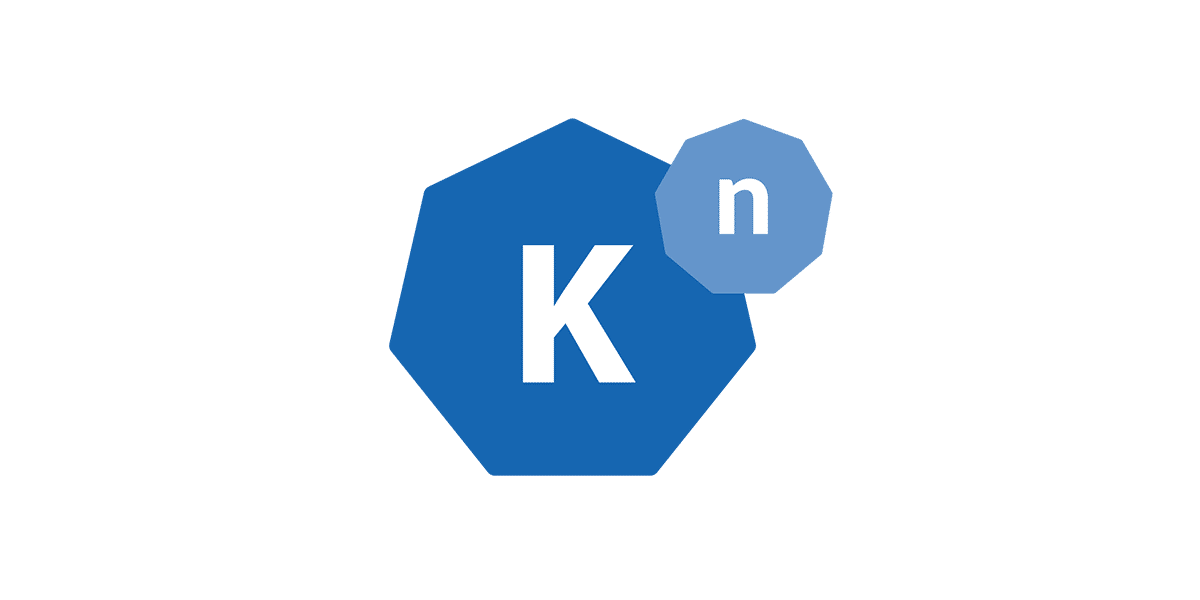
Few days ago it became known by posting on Knative's blog, that Google plans to relinquish direct control about his open source Knative project to a five-seat steering committee which will have rules to prevent a single organization from having more than two positions.
The plan is designed to thwart criticism that Google secretly plans to maintain control over key open source projects it has developed.
For those unaware of Native, you should know that this is an open source project first developed by Google that provides components to deploy, run, and manage serverless cloud-native applications on top of Kubernetes, a container management platform that was also developed by Google and open source in 2015.
Serverless applications automatically scale up and down in response to events without the need to manually activate additional compute resources, resulting in higher developer productivity and lower operating costs. Knative was created to give companies a way to take advantage of the serverless model with container applications that can run on any type of computing platform.
Google leaves Knative command
Google plans to make some major changes to Knative's governance structure, according to the report. Seats on the committee will now be filled by individuals rather than specific companies, and elections will be held later this year to select two new members. Furthermore, according to the report, Google is eventually considering expanding the committee to seven members as a way to include representatives of the Knative user community.
The plan is produced only a few months after google angered some members of the open source software community whenor breached a promise to hand over control of another project, Istio, to the Cloud Native Computing Foundation, a Linux Foundation project that was founded in 2015 to help advance container technology.
In July, Google said that instead of transferring Istio to the CNCF, it would create a neutral organization called Open Usage Commons to administer its trademark policies, while control would be held by the project's steering committee.
During the discussions on the new governance, it became clear that there was a clear separation of concerns between the specific needs of suppliers around trademark, 'core' scope (for lack of a better term) and compliance, and the needs of the wider community around everything else. makes. While we could have created a hybrid structure for Steering, we decided it was simpler to have a vendor committee that focused only on scope and compliance, with the Steering committee focusing on the other aspects of community growth and governance. of the project.
That decision upset many of Google's partners, notably IBM Corp, which has also contributed greatly to the development of Istio.
Some said the move could even be a secret way for Google to retain control over Istio's future direction.
The problem, critics said, was that Google controlled a majority vote of the seats on Istio's steering committee, something that puzzles open source advocates who believe that the neutrality of projects like Kubernetes is one of the main reasons for your success.
The KTC will initially include representatives from Google, Red Hat / IBM and VMware. They will have to figure out how the new components and features “connect” to the Knative ecosystem in a non-technical sense. They will also help Steering answer questions about derived trademarks and logos, Knative "extensions" and other questions about how to be part of our larger project.
Google finally moved to calm those critics in August, announcing that it would change Istio's governance structure to prevent either company from taking over.
Source: https://knative.dev/